Breaking the Silence of Chemsex
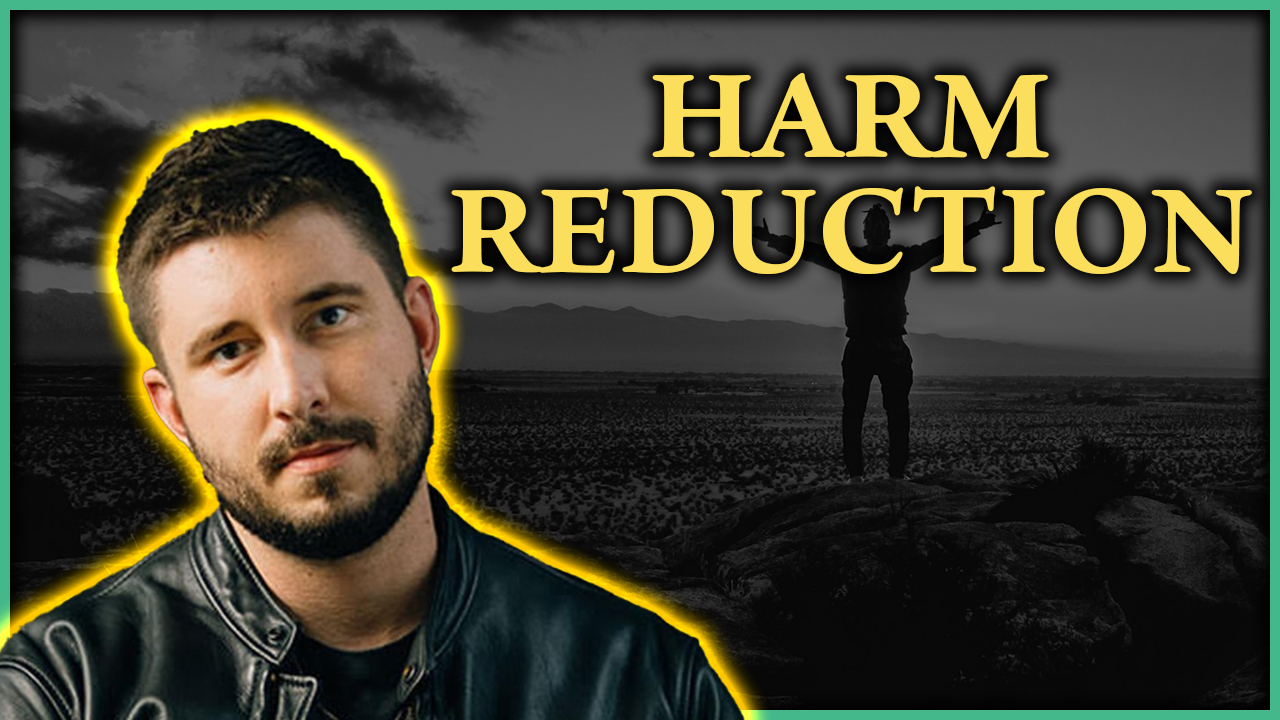
Alexander's story reveals the difference between those who can navigate substance use safely and those who cannot. This often comes down to a mysterious internal voice - what he describes as "luck" but what we might better understand as intuitive self-awareness. This voice whispers warnings when we approach dangerous territory, but hearing it requires cultivation and courage.
This internal wisdom isn't innate for everyone. Alexander's journey toward self-awareness was forged through significant trauma - evangelical parents who rejected his sexuality, the challenges of adoption, and the weight of feeling fundamentally different from his family. These experiences, while painful, taught him to pay attention to subtle internal signals that others might miss or ignore.
Listen to the episode HERE
Watch the episode HERE
The pivotal moment came when Alexander learned to genuinely like himself - not just tolerate or accept, but actually appreciate who he was. As he shared, "My one job in life is to take care of this person. Alex is a difficult, high-maintenance human being, yet I'm tasked with caring for him and defending him against everything." This shift from self-criticism to self-advocacy fundamentally changed his relationship with risk and decision-making.
The role of psychedelic experiences in this awakening cannot be understated. Through psilocybin journeys, Alexander confronted his depression and anxiety, eventually realizing that his struggles were part of a larger cosmic cycle. He described a vision where he dissolved into golden matter that became stars and galaxies, helping him understand that his current life was precious precisely because it was temporary. This perspective shift created a protective instinct toward his own wellbeing.
For those seeking to develop this internal wisdom, the path involves consistent self-reflection, therapy, and sometimes alternative healing modalities. It means learning to pause before making decisions and asking: "What is my inner voice telling me right now?" Most importantly, it requires developing enough self-love to want to protect the person you're becoming.
Redefining Recovery Beyond All-or-Nothing Approaches
The conversation reveals a fundamental tension in how we approach substance use recovery. Traditional 12-step models, while life-saving for many, can inadvertently recreate the same dynamics of rejection and shame that many LGBTQ+ individuals experienced in their families and religious communities. As Alexander noted, "How many of us were literally kicked out of our families, our churches, our religious communities, in which the rule was believe us or get out... and then [we're put] back into that same or at least similar situation."
Alexander's harm reduction approach demonstrates that recovery isn't always about complete abstinence but about developing a conscious, intentional relationship with substances. This means choosing substances that "help rather than hurt" - in his case, psychedelics and occasional alcohol while avoiding methamphetamine. This approach requires extraordinary self-honesty and the ability to continuously reassess whether your choices are serving your highest good.
The international perspective adds crucial context here. In Berlin, where Alexander now lives, the rigid binary of "in recovery" versus "using" is less prevalent. Instead, there's a more nuanced understanding that people can live "manageably and healthily" somewhere between total abstinence and destructive use. This cultural difference suggests that our American approach to recovery, while helpful for some, may be unnecessarily limiting for others.
However, harm reduction isn't a easier path - it's simply a different one. It requires constant vigilance, regular check-ins with yourself and trusted others, and the wisdom to know when your approach needs adjustment. It demands a level of self-awareness that some people may not yet possess, which is why traditional recovery programs remain essential for many.
The key insight is that recovery should be personalized rather than prescribed. Some people thrive with complete abstinence and the structure of 12-step programs. Others find freedom in carefully managed harm reduction. Still others may need to try different approaches at different times in their lives. The goal is finding what supports your ability to live fully, love deeply, and contribute meaningfully to your community.
Navigating Sexuality After Substance Use
Perhaps no aspect of recovery is more anxiety-provoking for men who have engaged in chemsex than the fear of never enjoying sex again. Alexander's insights here are both honest and hopeful, acknowledging real losses while pointing toward new discoveries.
The first crucial understanding is that sexuality changes regardless of substance use. As Alexander notes, "with and without meth, sex changes" due to aging, life circumstances, and natural evolution of desires. Chemsex can mask these natural changes, creating an illusion that your sexuality is frozen in time. When you remove the substances, you're confronted not just with the absence of chemical enhancement, but with the reality that your body and desires have been evolving all along.
This leads to a fundamental reframe: the goal isn't to recreate chemically-enhanced experiences but to discover what your current, authentic sexuality looks like. Alexander describes this as "learning sex in a completely new way" and developing "a willed commitment to exploring it sober." This requires accepting that some experiences will be disappointing, some will be mediocre, and some will be surprisingly wonderful - just like any other aspect of life.
The practical implications are significant. Sober sex requires more preparation, more communication, and more patience. It means accepting that "sex is hard" - not just physically, but emotionally and logistically. Everyone struggles with preparation routines, performance anxiety, and the unpredictability of chemistry between partners. Removing substances doesn't eliminate these challenges; it simply removes the shortcut that temporarily masked them.
However, this apparent limitation becomes a profound opportunity. As Alexander discovered, "sober Alex has sex that sober Alex likes" - meaning that without the influence of substances, you can discover authentic desires and preferences that may have been obscured. You might find new kinks, different turn-ons, or entirely unexpected sources of pleasure and connection.
The journey requires what Alexander calls "forcing myself" to engage sexually even when it feels easier to stay home and watch Netflix. This isn't about pressuring yourself into unwanted encounters, but about maintaining an active commitment to sexual exploration and growth. It means viewing disappointing sexual experiences not as failures but as data points in an ongoing experiment of discovery.
The Epidemic of Silence and Community Responsibility
One of the most powerful themes in this conversation is the parallel between the current chemsex crisis and the early AIDS epidemic - specifically, the deadly silence that surrounds both. Dr. Bragg's frustration is palpable as he describes watching men deteriorate cognitively and spiritually while influential community figures remain silent about this epidemic.
This silence isn't accidental or simply due to stigma - it's a strategic choice born from hard-won progress. As Alexander explains, LGBTQ+ publications and organizations are often reluctant to "air dirty laundry" when the community is finally making strides toward acceptance and equality. There's a legitimate fear that honest discussions about substance abuse rates in gay male communities could provide ammunition for those who seek to pathologize or discriminate against LGBTQ+ people.
However, this protective silence comes at a devastating cost. Men are dying - not just physically, but "mentally and spiritually every single day." The isolation that drives many to chemsex in the first place is compounded by the shame and secrecy surrounding these experiences. Without community acknowledgment and support, individuals struggling with substance use feel even more alone and hopeless.
The solution requires a delicate balance: finding ways to address the crisis honestly without providing fodder for discrimination. This means leading with compassion rather than judgment, focusing on harm reduction rather than moral failings, and centering the voices of those with lived experience rather than outside observers.
Alexander's willingness to use his platform to share his story represents the kind of courage the community needs. Every person who breaks their silence - whether through writing, podcasting, or simply honest conversations with friends - helps create permission for others to seek help and support.
Masculinity and Identity in Recovery
The conversation touches on a crucial but often overlooked aspect of recovery: how substance use both reflects and shapes our understanding of masculinity and identity. For many men who have sex with men, chemsex serves as a temporary escape from the exhausting work of navigating masculinity in a heteronormative world.
Alexander's perspective on masculinity as "highly personal, highly customizable experience of being a man" offers a liberating alternative to rigid gender expectations. His experiences with partners across the gender spectrum - including dominant cisgender women who embody "alpha" energy - demonstrate that masculinity isn't tied to biology but to energy and presence.
This expansive view of masculinity has profound implications for recovery. If you've been using substances to access certain aspects of yourself - perhaps more dominant or submissive versions, more emotionally open or closed versions - recovery involves discovering which of these aspects are authentically yours versus chemically induced.
The Grindr culture of "no fats, no fems" that Dr. Bragg mentions represents a toxic narrowing of acceptable masculinity that can drive men toward substance use as a way to temporarily escape these judgments. In chemically-enhanced sexual encounters, as Dr. Bragg notes, these restrictions often disappear - "suddenly there's no no fats, no fems. It's you got a dick and a hole, come over."
Recovery, then, involves not just addressing substance use but examining and potentially reconstructing your relationship with masculinity itself. This might mean embracing aspects of yourself that don't fit narrow masculine ideals, exploring different expressions of gender and power, or simply giving yourself permission to be complex and multifaceted.
Trauma, Neurodivergence, and Self-Regulation
Alexander's honest discussion of his anxiety, OCD tendencies, and need for rigid self-regulation illuminates an often-overlooked aspect of substance use: its role as emotional regulation for neurodivergent individuals and trauma survivors. His description of living "according to lists and checking things off" with a "rigid structure" resonates with many who use substances as a temporary escape from the exhausting work of managing their minds.
For Alexander, methamphetamine provided "permission for the next 24 hours to just fuck off" - a break from the constant vigilance required to manage his mental health. This isn't about weakness or lack of willpower; it's about the very real challenges of navigating the world with a brain that requires extra support and structure.
This insight has profound implications for both prevention and recovery. Rather than viewing substance use solely through the lens of addiction or moral failing, we can understand it as often misguided but understandable attempts at self-medication. Recovery, then, involves finding healthier ways to meet these underlying needs for emotional regulation, stress relief, and mental breaks.
For neurodivergent individuals and trauma survivors, this might mean working with therapists who understand these connections, exploring legitimate medications that support mental health, developing robust self-care routines, or finding community with others who share similar challenges. The goal isn't to eliminate the need for emotional regulation but to find sustainable, life-affirming ways to meet this need.
Moving Forward: Breaking the Silence
Alexander's willingness to share his story publicly represents the kind of courage our community needs to address the chemsex epidemic. Each person who speaks honestly about their experiences helps reduce stigma and provides hope for others struggling in silence.
Your story matters, whether you're someone who has used substances, someone who has found ways to set boundaries, someone in recovery, or someone supporting others through these challenges. The silence that surrounds these issues only perpetuates shame and isolation.
Consider how you might contribute to breaking this silence in your own life. This doesn't require grand gestures - it might be as simple as having an honest conversation with a friend, supporting harm reduction resources in your community, or practicing self-compassion in your own journey.
Remember that recovery and healthy living are not destinations but ongoing practices. Be patient with yourself as you navigate this path, and remember that seeking support is a sign of strength, not weakness.
Reflective Questions
Take time to thoughtfully consider these questions. There are no right or wrong answers - only opportunities for honest self-reflection.
1. What internal voices or warning signals do you notice in potentially risky situations, and how do you typically respond to them?
Consider times when you've felt that subtle sense of unease or caution. Do you tend to listen to these signals or override them? What factors influence your decision to heed or ignore these internal warnings?
2. How do you define recovery or healthy living for yourself, independent of what others expect or demand?
Reflect on whether your understanding of recovery comes from your own values and needs or from external pressures and expectations. What would healthy living look like if you designed it entirely for yourself?
3. In what ways has substance use (of any kind) changed your relationship with sexuality, and what aspects of that relationship do you want to preserve or change?
Think about how various substances have influenced your sexual experiences, desires, and self-perception. What elements feel authentic to you versus what might be chemically induced?
4. What role does community acceptance play in your decision-making around substances and sexual behavior?
Consider how the desire to fit in or fear of judgment influences your choices. How might you balance community connection with personal boundaries?
5. How do you currently practice self-care and self-acceptance in your daily life?
Examine your relationship with yourself. What practices help you feel grounded and connected to your authentic self?
Journal Prompts
Use these prompts for deeper written exploration. Allow yourself to write freely without editing or censoring your thoughts.
1. Letter to Your Past Self Write a letter to yourself at a time when you were struggling with substances or risky behaviors. What wisdom would you share? What compassion would you offer? What warnings or encouragement would you give?
2. Mapping Your Boundaries Describe your current boundaries around substances, sexuality, and relationships. Where do these boundaries come from? Which ones serve you well, and which might need adjustment? Write about a time when maintaining a boundary was difficult but ultimately beneficial.
3. Redefining Pleasure Explore what brings you genuine pleasure and satisfaction beyond substance use. This might include physical activities, creative pursuits, relationships, or quiet moments of solitude. How can you cultivate more of these experiences in your life?
4. The Voice of Wisdom Imagine you have access to your wisest, most compassionate self. What guidance would this version of you offer about your current challenges? Write a dialogue between your current self and this wise inner voice.
5. Future Vision Describe your ideal relationship with substances, sexuality, and self-care five years from now. What would that look like day-to-day? What steps would need to happen to move toward that vision?
Action Exercises
These practical exercises will help you apply insights from this study guide to your daily life.
1. Daily Check-In Practice For one week, set a daily reminder to pause and ask yourself: "How am I feeling right now? What do I need? What is my inner voice telling me?" Write brief notes about what you notice. This builds the self-awareness muscle that enables better decision-making.
2. Boundary Experiment Choose one area where you'd like to establish or strengthen a boundary (this could be around substances, sexual activity, social media, or anything else). For two weeks, practice maintaining this boundary. Notice what challenges arise and what support you need.
3. Pleasure Mapping Create a list of at least 20 activities that bring you genuine pleasure without substances. Try to engage in at least one of these activities daily for a week. Notice which ones feel most satisfying and why.
4. Support Network Assessment Make a list of the people in your life who support your healthiest choices versus those who might encourage risky behaviors. Consider how you might strengthen connections with supportive people while setting appropriate boundaries with others.
5. Story Sharing If you feel safe doing so, share part of your story with someone you trust - perhaps about a time you listened to your inner wisdom or made a difficult but healthy choice. Notice how it feels to break the silence around these experiences.
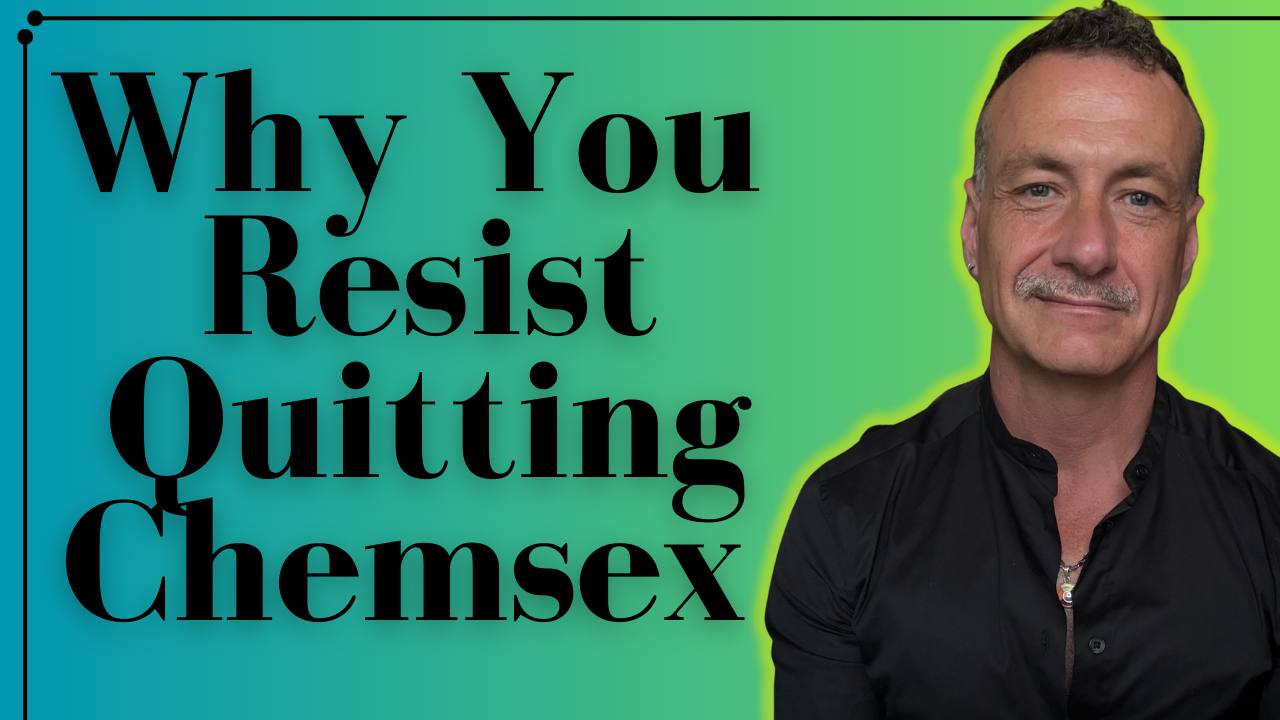
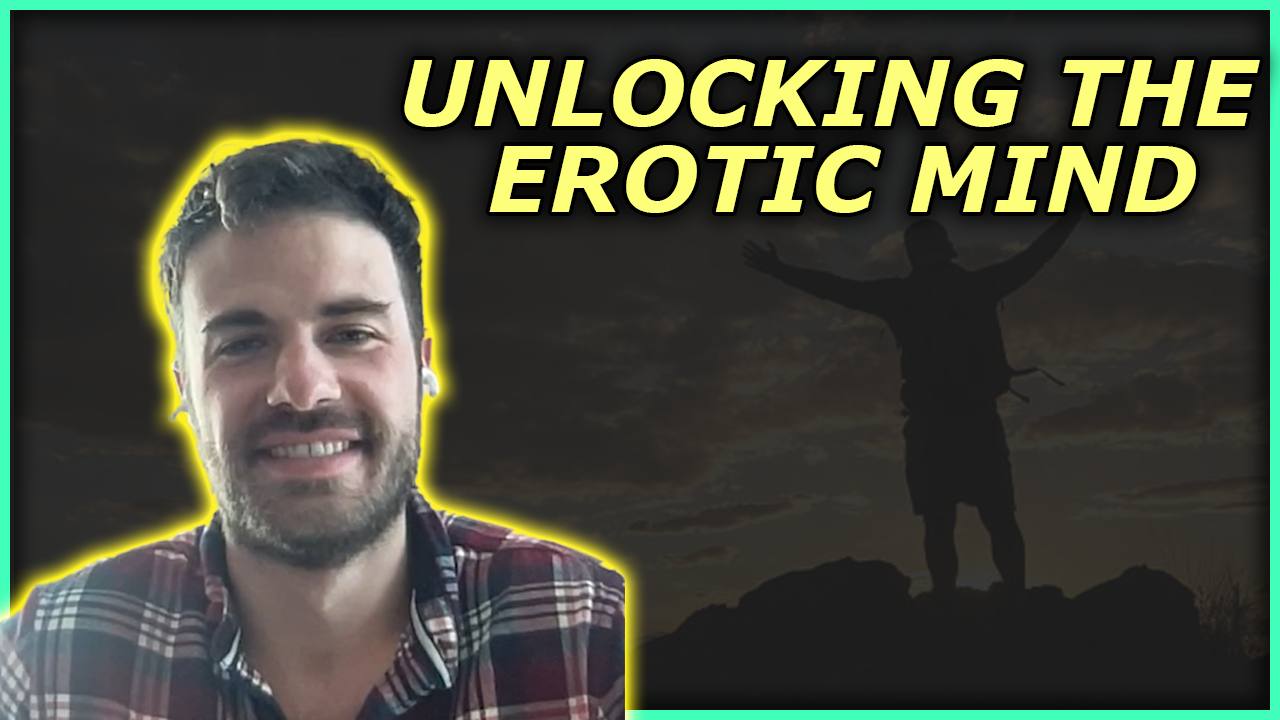
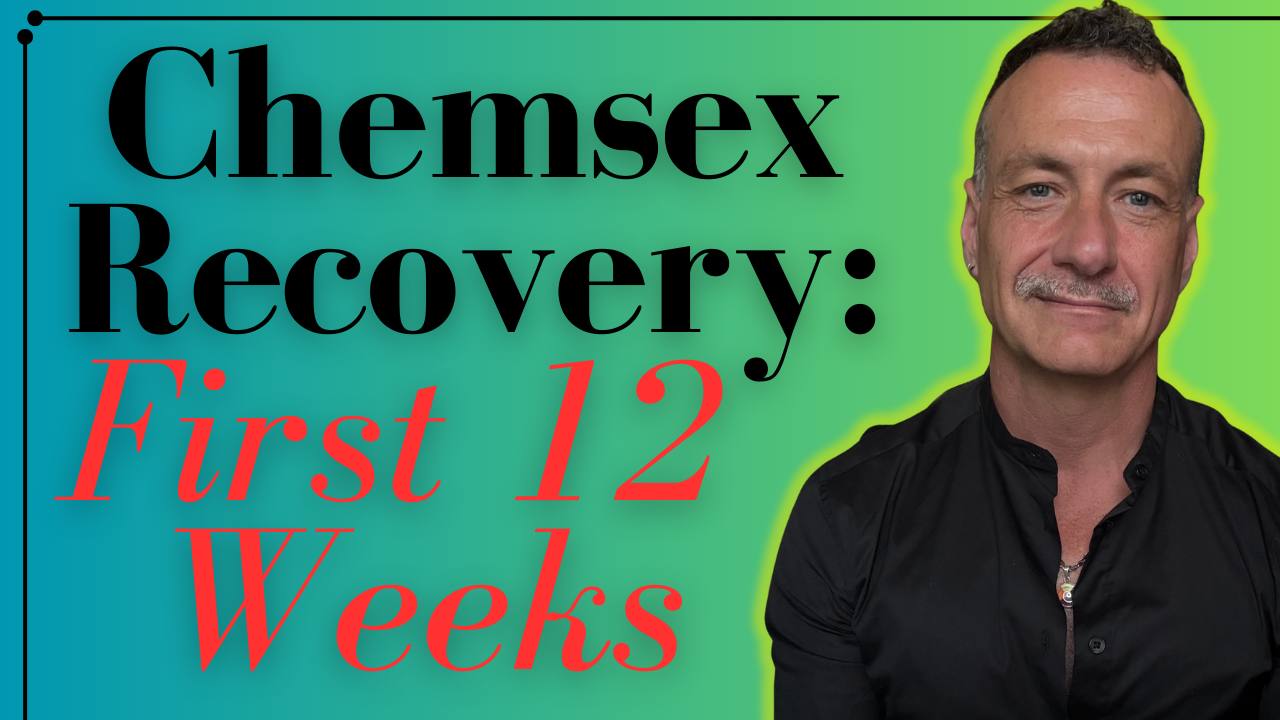

Responses